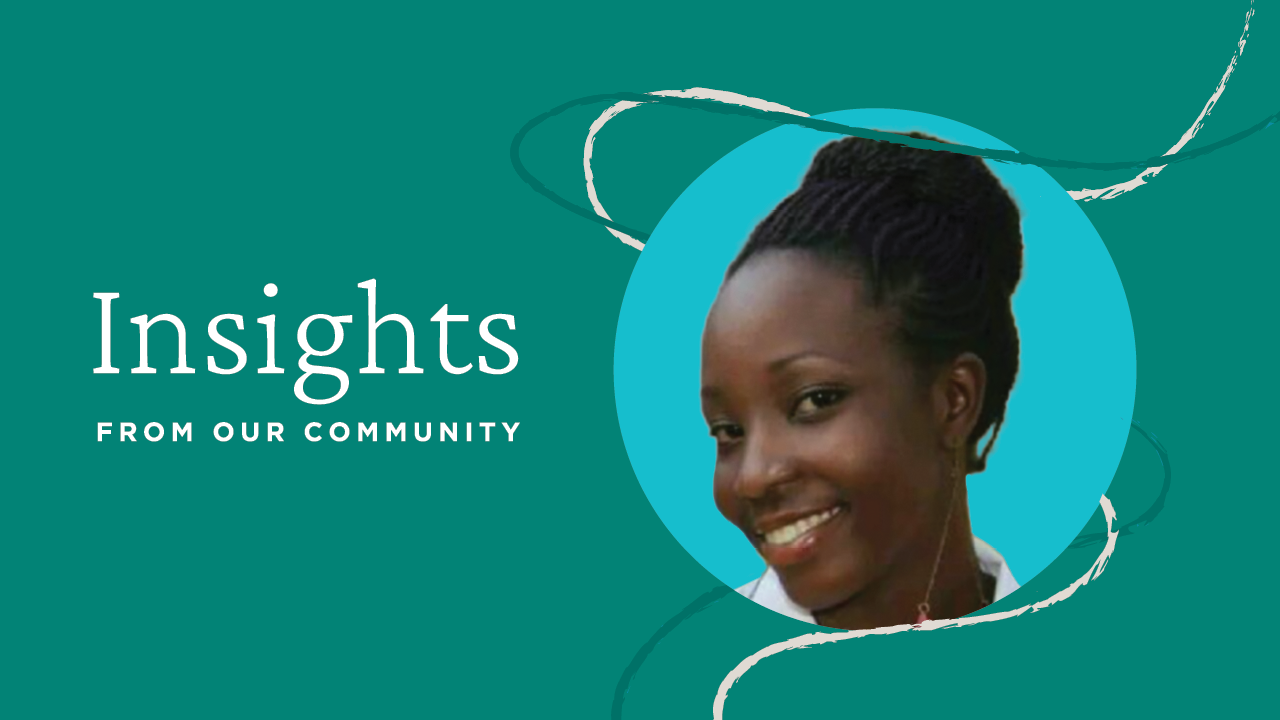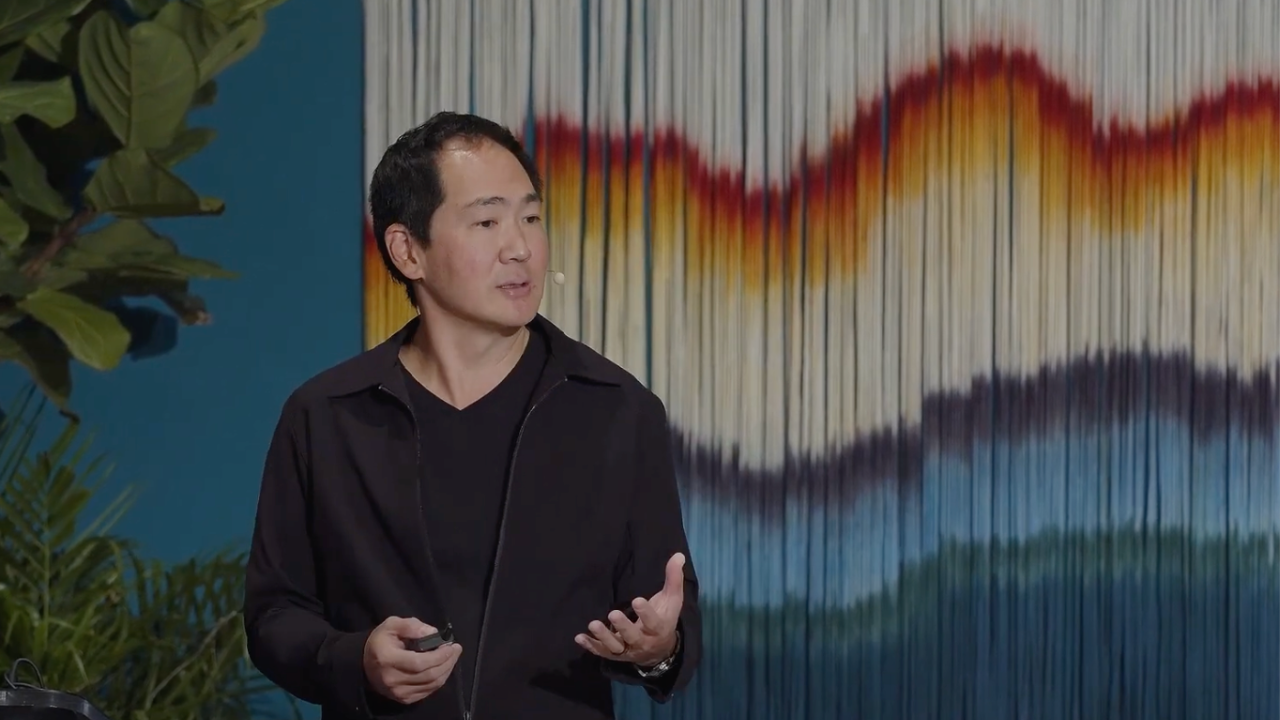EPOCH Pi: Trailblazing a new era of purpose in business
Investment banker William W. Vogelgesang said it took him nearly 25 years to learn that only a small percentage of people are motivated by money.
He never thought of business as “evil,” but he’d always believed that pursuit of financial goals to the exclusion of all else “can lead to sub-optimal outcomes.” And for himself, “I was never really motivated by making lots of money.”

Meshing his personal beliefs with what he learned from reading John Mackey’s Conscious Capitalism led to EPOCH Pi, which Vogelgesang co-founded with Lynn Carpenter in 2015. “We incubated the concept while Lynn and I were at Candlewood Partners,” Vogelgesang said of the more traditional investment bank he co-founded in 2001. “As we got traction, we knew we needed to operate in a different way than an ordinary investment bank. Our messaging needed to be different, and we knew we had to do things in a genuine way rather than greenwashing.”
For example, he knew that donating 10 percent of profits to charity wasn’t going to cut it. This new firm has purpose, and “purpose brings all the disparate stakeholders together in a unique whole; it is the glue of model making,” Vogelgesang said.
EPOCH Pi is one of a handful of financial firms among the more than 2,000 companies certified as B Corporations by the nonprofit B Lab to meet rigorous standards relating to social and environmental performance as well as accountability and transparency.
The firm’s goal is nothing less than changing the face of capital markets.
We want to change the way capital markets work. Capital markets don’t value people.
William W. Vogelgesang
The firm’s name itself hints at this underlying goal.
“The name EPOCH Pi originates from the idea that we are entering a new economic era (or epoch)—the purpose economy—having evolved from the hunter-gatherer era to agrarian, industrial, information and now purpose,” Vogelgesang said. “Pi is a play on “purposeful investing” as well as the mathematical symbol (π)”, which is a reference to the circular and interconnected nature of life that characterizes the philosophy of people in this space. Higher Purpose is a key tenet of Conscious Capitalism, and EPOCH Pi has built a business around highlighting the interconnectedness that characterizes a belief in the power of markets to change the world for the better.
Vogelgesang noted that economic models typically show that consumers make decisions based on price alone. But he said a growing number of consumers take other factors into consideration, such as fair trade, sustainability and health. “It’s not a price decision for conscious consumers,” he said.
Now he said it’s time to change the paradigm of investment banking. “Investors need to understand there’s more to value than dollars and cents,” he said.
For example, investors recently criticized Costco for increasing employee salaries, some going so far as to say the raises were a form of stealing from shareholders.
“This narrow definition of value leads to sub-optimal decisions,” Vogelgesang said. On the other hand, fair pay leads to higher employee engagement, which leads to higher customer satisfaction and lower turnover—intangibles that bolster the bottom line.
EPOCH Pi typically either helps provide investment capital to conscious firms or, more often, finds merger partners for them. The latter, he stressed, is based upon a thorough evaluation of company cultures to ensure a strong fit.
We bring culture assessment tools to business transactions. By viewing the process through a culture and values lens, we can identify problems before the transaction is signed.
William W. Vogelgesang
Vogelgesang said the firm made one major mistake since opening shop: believing that conscious finance is more firmly entrenched than it is.
“One mistake we made early on was to believe what was being written about impact investing, which was that it was robust and growing,” he said. “It’s true that it’s growing, but it’s so very young. Right now there’s more talking than check writing going on in the private markets. That is changing as more and more impact funds are created, but it will still be a slower evolution than any of us want.”
As a result, the firm decided to focus on strategic mergers.
“We look at many facets of the transactions,” he said. “We want to make sure we meet the needs of clients with conflicting goals. We want a fair price, but we want to make sure the employees are treated well and the company’s mission is maintained.”
Vogelgesang said EPOCH Pi is not for everyone. He noted that because of the principals’ years in the investment banking field, they’re often approached by potential clients who don’t fit their model.
“We refer them to other firms,” he said. “What we’re trying to accomplish is to ensure the purpose-based economy flourishes.”
While he said that conscious or impact investing is in its infancy, he foresees the day when capital markets will evolve from their current focus on short-term returns.
He pointed to the example of CVS Health, which more than two years ago decided to stop selling cigarettes at its stores. “It must have been a difficult decision to remove a profit center, but ultimately, it could be that its customers will be so moved by the company’s commitment to health that they’ll stop going to Walgreens,” Vogelgesang said. “In the eyes of consumers, CVS may seem more trustworthy.”
He paused, then added: “Increasingly, people shop where they do not just because of what products you sell, but because of what you stand for. Higher purpose is the glue that holds all the pieces of the model together. And in time, stock analysts will look at that aspect of the business.”
Interestingly, Walgreens executives took fire from shareholders at the company’s annual shareholder meeting in January because the company still sells tobacco products.
“There’s a paradigm shift going on within all industries,” Vogelgesang said. “I firmly believe that 20 years from now, all businesses will be purpose-driven. Even old-line legacy companies like Campbell Soup are moving toward a purpose-based model.”
Driving the shift is the emergence of millennials, whose values are creating a sea change in societal values, he said.
“I’m an optimist and believe that capital markets and capitalism will have no choice but to evolve in the conscious model,” Vogelgesang said. “I think it will be the dominant model by the time millennials are running the world.”



